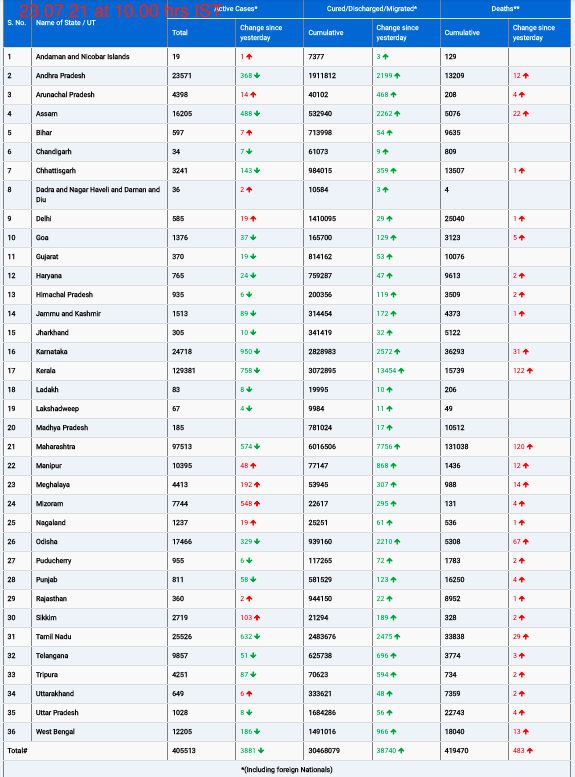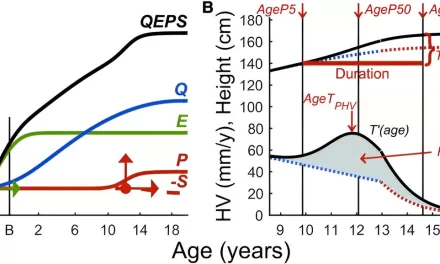
A recent study in Albania provides fresh evidence that COVID-19 vaccine boosters offer excellent protection against SARS-CoV-2 infection in healthcare workers.
The research, conducted by the Albanian Institute of Public Health, the Southeast European Center for Surveillance and Control of Infectious Diseases, the WHO Regional Office for Europe, and the United States Centers for Disease Control and Prevention, with support from the Task Force for Global Health, and published in Open Forum Infectious Diseases this week, reveals that health workers who received a COVID-19 booster during the Omicron wave were 88% less likely to contract COVID-19 compared to unvaccinated health workers.
Carried out among nearly 1500 health workers in three hospitals from January to May 2022 (a period when Omicron was widespread in Albania), the study offers real-world evidence on the effectiveness of COVID-19 vaccine boosters – a crucial piece of information that has been lacking in low- and middle-income countries globally, including within the WHO European Region.
“With COVID-19 cases resurging in Albania and worldwide, this study underscores the significance of vaccines in safeguarding against COVID-19,” emphasized Silvia Bino, the study’s senior author and Head of the Infectious Disease Control Department at Albania’s Institute of Public Health.
“We urge all healthcare workers and vulnerable populations to avail themselves of both the COVID-19 and influenza vaccines this autumn and winter. By staying updated with these vaccinations, vulnerable groups can significantly reduce their risk of illness or hospitalization from COVID-19 and influenza,” Bino added.
COVID-19 and influenza vaccine uptake is of paramount importance. Bino’s call comes at a time when COVID-19 vaccine booster adoption remains low in Albania and other Balkan countries, as well as across the WHO European Region, encompassing 53 countries in Europe and central Asia.
WHO recommends that front-line healthcare workers receive a COVID-19 booster 12 months after their last dose. Additionally, other high-priority groups, such as older individuals and those with underlying medical conditions, are advised to get a COVID-19 booster 6 or 12 months after their previous dose, based on age or chronic conditions and in accordance with local recommendations.
As of September 2023, only 20% of Albania’s healthcare workers were up-to-date with their COVID-19 vaccinations, and most booster doses were administered over a year ago. This low booster uptake persists despite the Albanian Ministry of Health and Social Protection’s recommendation that all healthcare workers receive a COVID-19 vaccine booster in 2023. In contrast, the uptake for the primary vaccine series was high at 83% among healthcare workers.
“Improving the uptake of COVID-19 vaccine boosters and influenza vaccines among healthcare workers is not only crucial for their well-being and that of their patients, but it also helps ensure a robust healthcare system that can better withstand increased pressure this autumn and winter, ultimately providing better care for those whose health is at stake,” emphasized Albana Fico, head of the University Hospital Centre in Tirana, who was involved in the study.
“While this study assessed the effectiveness of the COVID-19 vaccine booster against symptomatic SARS-CoV-2 infection, and not more severe outcomes, other studies consistently demonstrate that COVID-19 booster doses save lives and provide protection against severe disease,” noted Iris Finci, an epidemiologist at WHO/Europe and lead author of the study.
The study’s results support the Albanian Ministry of Health and Social Protection’s recommendation that all healthcare workers should receive a COVID-19 booster dose every 12 months.
Albania has already launched its COVID-19 vaccine booster campaign this autumn. Starting from October 15th, healthcare workers and other vulnerable groups can also receive their influenza vaccine.
“The health authorities in Albania have made commendable efforts over the years to boost influenza vaccine uptake among vulnerable populations. This year, WHO in Albania will continue to support their endeavors to safeguard the most vulnerable against both COVID-19 and influenza,” stated Geraldine McWeeney, WHO Representative in Albania.
Albania is part of a joint project by WHO/Europe and the European Union to bolster health system resilience in the western Balkans, which includes initiatives to strengthen both COVID-19 vaccination uptake and national immunization programs.











